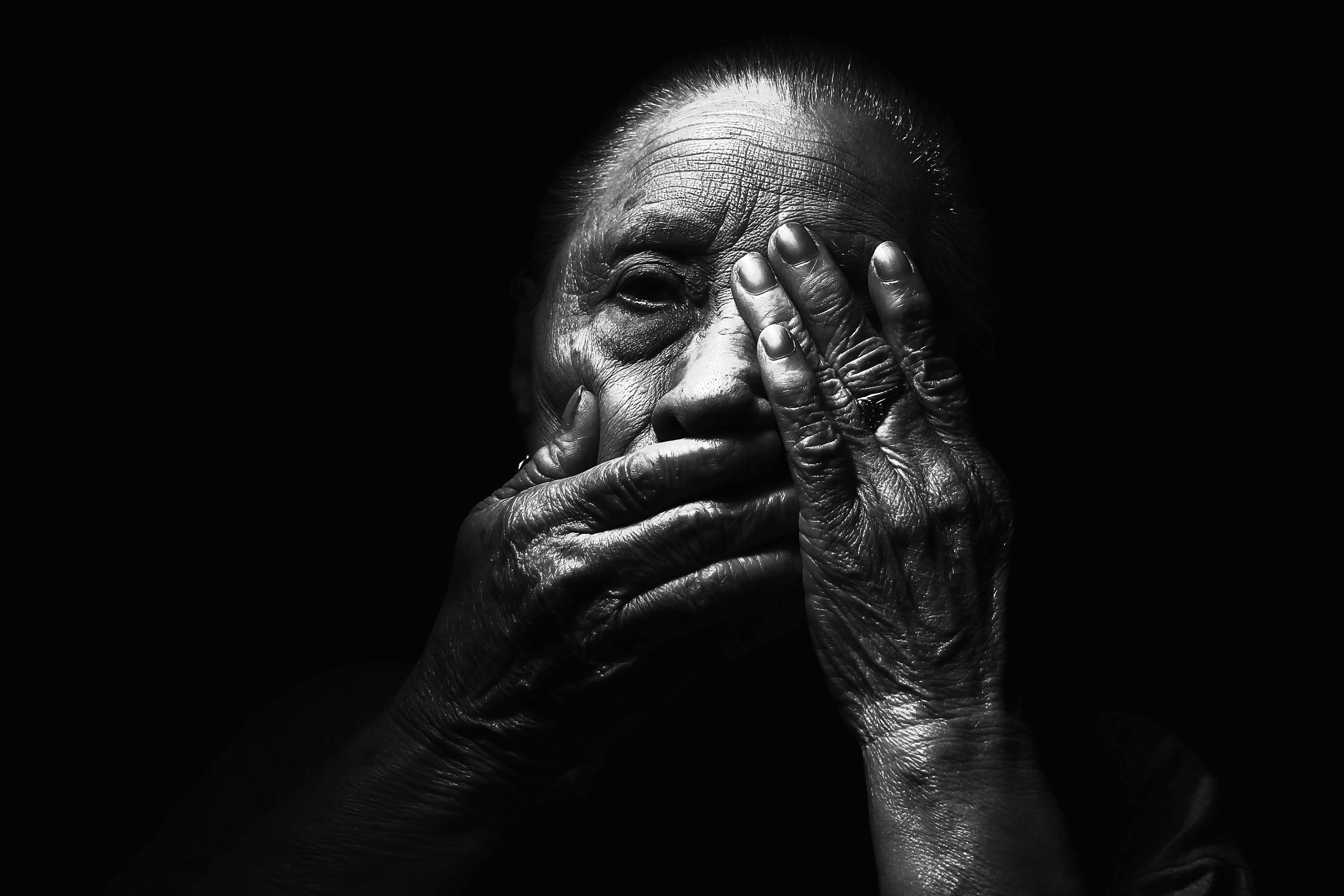Speak no evil.
Image courtesy of John Rocha.
When I was seven years old, I went away to my first sleep-away summer camp.
I had been begging my mom to let me go for two years and it finally was happening. I was thrilled.
I had big dreams at the time. Being a professional ballerina was one of them (spoiler alert, I am no closer to that dream at 35 as I was that day at seven). Making a shitload of friends at camp that summer was another one.
I was also seven. So what I knew of the world was very much limited by the seven years of life experiences I had, plus the sum of experiences my direct family members had had that they had managed to convey to me by then.
Most of which was around other white middle-class people.
When I arrived at camp, we got rationed off to our cabins and camp counselors. One of the first things we did was sit in the grass in a circle in front of our cabin so that we could formally introduce ourselves.
There was an African American girl in my cabin. I don't remember her name.
But what I do remember is that at one point during our check-ins, a huge horsefly landed on her knee.
She kept shooing it away and it kept coming back to sit on her knee.
And as an ignorant kid with seven years of life experience, combined with the sum of life experiences of my direct family members who lived in white middle class environments, and eager to make sense of this enormous and confusing world for this girl who was so visibly frustrated, I said:
"The fly likes you because you guys are the same color."
Immediately my camp counselor gasped, and while I meant no harm in my statement - I actually meant to help - I knew I had done something wrong.
She told me I couldn't say things like that.
I didn't understand why. It seemed perfectly logical and honest. If a piece of cotton landed and then stuck on a really pale person I might've said something similar. To me, it felt like stating the obvious. What was wrong with it?
I didn't get an explanation.
We moved on with checkins and I remember that being the first time I was genuinely concerned that not only not being aware of such things as racial decorum and political correctness, but also that certain races should be treated differently, could inhibit my ability to experience connection.
Hilariously now, as a coach, I often say to my clients things like "like attracts like" to describe the experience of sending out a specific vibration into the world and attracting that same vibration back. And at the ripe age of seven, that was what I meant.
But instead, I immediately felt shame for not knowing something that it seemed I should've known.
It's probably not surprising that I didn't come home with quite as many friends as I had hoped for that summer. Instead, I spent those two weeks at camp very aware of myself and every single move I made, and every single word that came out of my mouth. And I went completely inward, hiding in broad daylight.
What followed was a huge amount of insecurity in connecting with people who had different racial backgrounds than me for years. Not because I had judgment, but because I was worried I might say the wrong thing.
I was profoundly aware that my life experience was different than that of a black kid who grew up in a lower class neighborhood, or even a black kid who grew up in a middle class one like mine from that point. And it didn't seem like there was room to ask questions so that I could find a point of connection in that apparent difference.
The understanding instead was that we were different. There was no point of connection.
This is how racism and xenophobism are born. It's genetic by nature of our multi-generational ignorance, and perpetuated by a refusal to ACTUALLY TALK ABOUT IT right now.
There are a million things I have no clue about. What it's like to be black or Asian or Latino is in there amongst a multitude of other things.
And there's one thing I know for sure. And that is that fearing the consequences of my own ignorance is my biggest obstacle to my own growth, and to the growth of the people I connect with.
Getting triggered by the questions is how we make it worse.
This is why freedom of speech matters.
People complain, and they say things they maybe shouldn't say. But ultimately, at the root of all those vocalized things, we're all stating desires and asking questions.
When we abhor the question, we keep it in the shadow, and then the wound never has a chance to heal.

